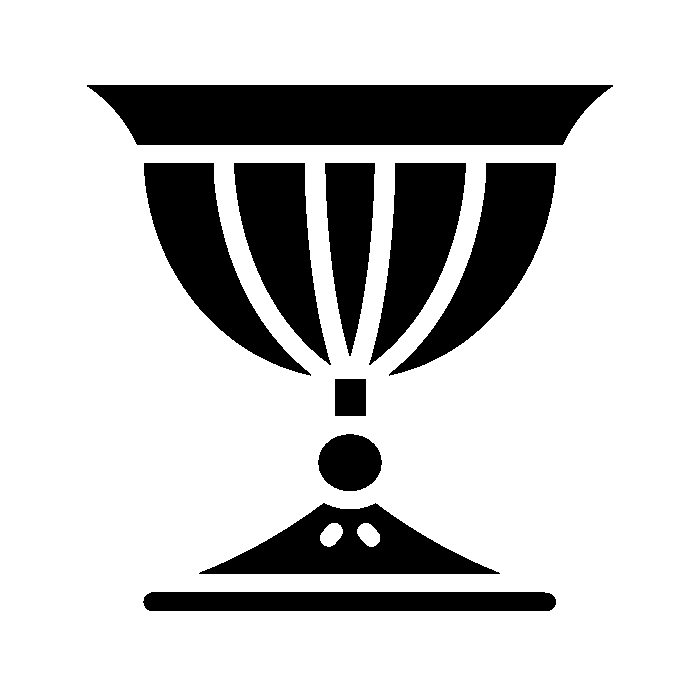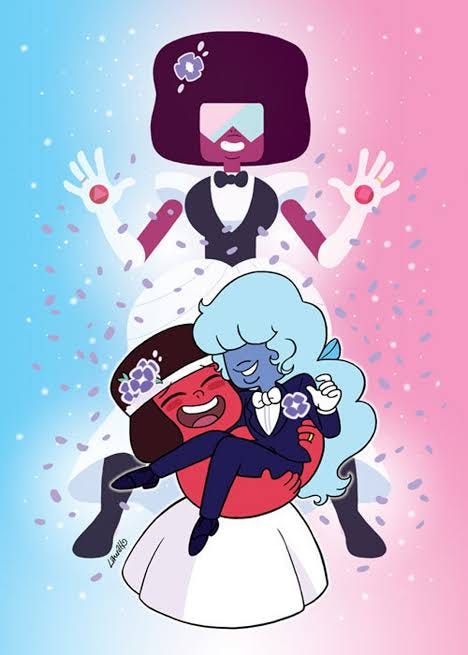I can’t say that I agree with a lot of the article.
I’m a binary trans woman. The only of that that tells you my gender identity is “woman”. I’m binary and I’m trans, but neither of those are gender identities, they are simply ways of telling people more about my gender identity.
Additionally, I’d argue that gender identity isn’t comparable to a style or sexual preference There are gender non conforming, asexual binary folk, and there are allosexual, gender conforming binary folk. All of those folk are binary, but there is no overlap in sexual preference or style.
And in the same way, for many folk, non binary isn’t a gender identity either. It’s a label that tells you what their gender identity isn’t, but that doesn’t automatically tell you what it is.
But ultimately, I think we’re in agreement on the overall point. Nonbinary is a starting point to understanding someones identity, not the end. There is an infinite world of possibility that all gets wrapped up in to that term!
Hi Grail! You are touching on some philosophical themes, like the contextual nature of knowledge.
When exploring whether Ruby and Sapphire are gay, because they are both feminine appearing and the creator’s intent was for them to be gay, you first establish that they are indeed gay.
Then you speculate that their society would view them as different genders and thus be straight (though you failed to establish that the differences between gems are thought of as actual gender identities, simply being a different type is not enough to establish this, and the etymology of gender is not sufficient to make this leap, let alone whether their society supports sexual identities like gay or straight the way we think about it).
If we ignore these problems and just grant your speculation about gem society is legitimate (it’s fiction after all, let’s just imagine a fan-fic spin off where this is the case), the idea you are going for is that in the gem society Ruby and Sapphire appear straight while from our cultural context we read them as gay.
You seem to be trying to say that “gay” and “straight” are culturally bound concepts, and that truth is dependent on the context you are in.
While it’s true that truth is contextual, I don’t think this allows us to make the kinds of claims you seem to think it allows, e.g.
Fellas, is it gay for a man to have sex with a woman? Well, from a broad perspective, yes it is. You’re both binary. You have the same gender identity. Therefore it’s gay.
Obviously being binary doesn’t make the gender identities the same - a binary man is not the same gender identity as a binary woman. This is so obvious I can’t tell that you are even engaging seriously - your article comes across as sophistry.
Sure, you could imagine a fictional world where they do think of “gay” as sexual attraction between any two gender identities that have overlapping features, but this is so open ended that inevitably it would reduce everyone to being gay (since you could at the very least reduce any gender identity to having the shared attribute of being a gender identity, thus establishing every gender identity is the “same” and thus everyone is “gay”).
But what you are doing is arbitrarily changing definitions and passing it off as a kind of cultural relativism, as if we just changed context. Fictional contexts can become a pretext for imagining worlds where the context is radically different, but those are, well, fictional and have limited value to us.
After all, aren’t we primarily interested in exploring human gender and sexuality in our reality? Your article seems to do a disservice to the contexts we live in, in favor of contexts that don’t exist.
Well first off, I’m not interested in exploring human gender and sexuality in our reality. I’m not human, and I’m not real. I’m an otherkin goddess from the void beyond reality. I’m an antirealist who believes the social construct of reality should be abolished. You can read about anarcho-antirealism at My website, http://soulism.net/. I’m much more fascinated by otherkin gender and sexuality as it exists when freed from the bounds of realism.
And perhaps in this article I should have linked to My earlier article supporting the point that men and women are similar, https://medium.com/@viridiangrail/men-and-women-are-very-similar-fcf253eda759
The overall article is fine, but I really don’t agree with its understanding of binary as an identity unto itself, and the article assumes too much that the way nonbinary people relate to being nonbinary is perfectly mirrored in how binary people understand binary identity. Binary isn’t an identity I’ve ever seen anyone identify as as an actual identity, it’s just the state of not needing more than one word to explain your gender identity. And especially for gay binary people, people of the other binary gender don’t really have anything to do with their identity or experience of gender, romance, sexuality, etc any more or less than nonbinary swarm gender people do.
I don’t think
he’sthey’re assuming anythinghe’sthey’re just using the term binary as a set/group that includes the traditional man and woman genders. Sure maybe no one uses it to describe themselves but that doesn’t mean that the word isn’t useful to refer to the “traditional” genders, which he uses to contrast with non-binary.Your conclusion is exactly what the Author tries to get at, that non-binary spectrum is diverse in many aspects.
I don’t use he/him pronouns, I use They/Them
My bad!






